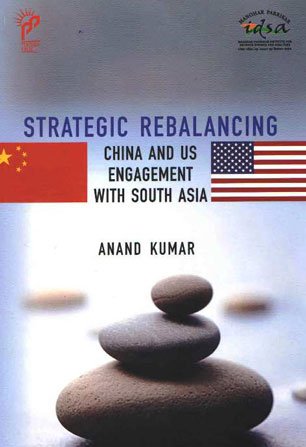The Muslim Factor in the Sri Lankan Ethnic Conflict
The Muslims in Sri Lanka have emerged as a key stakeholder in the past decade. Though they have not directly participated in the conflict, their intervention in the recent peace moves and their role in the May 10, 2008 Eastern Provincial Council election, the first in two decades, has underscored the significance of the Muslim factor in Sri Lankan politics. In fact, the increasing profile of Sri Lankan Muslims has raised certain fundamental questions about the efficacy and durability of any final settlement of the ethnic conflict that may be arrived at.
- M. Mayilvaganan
- September 2008
















